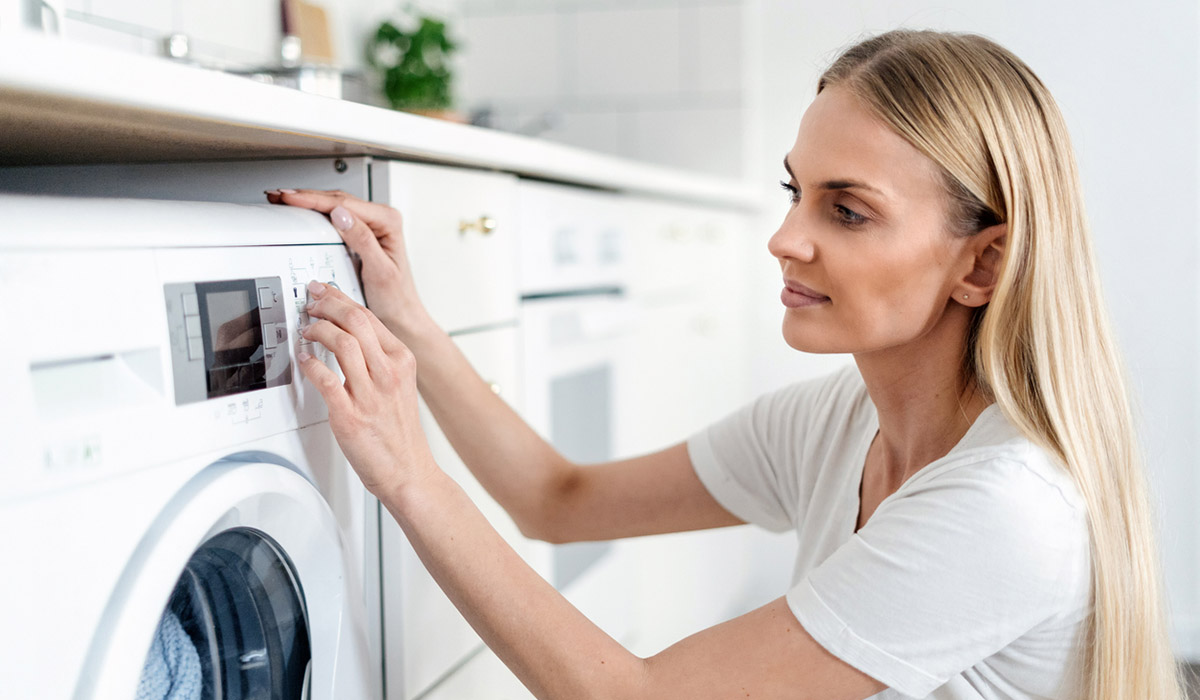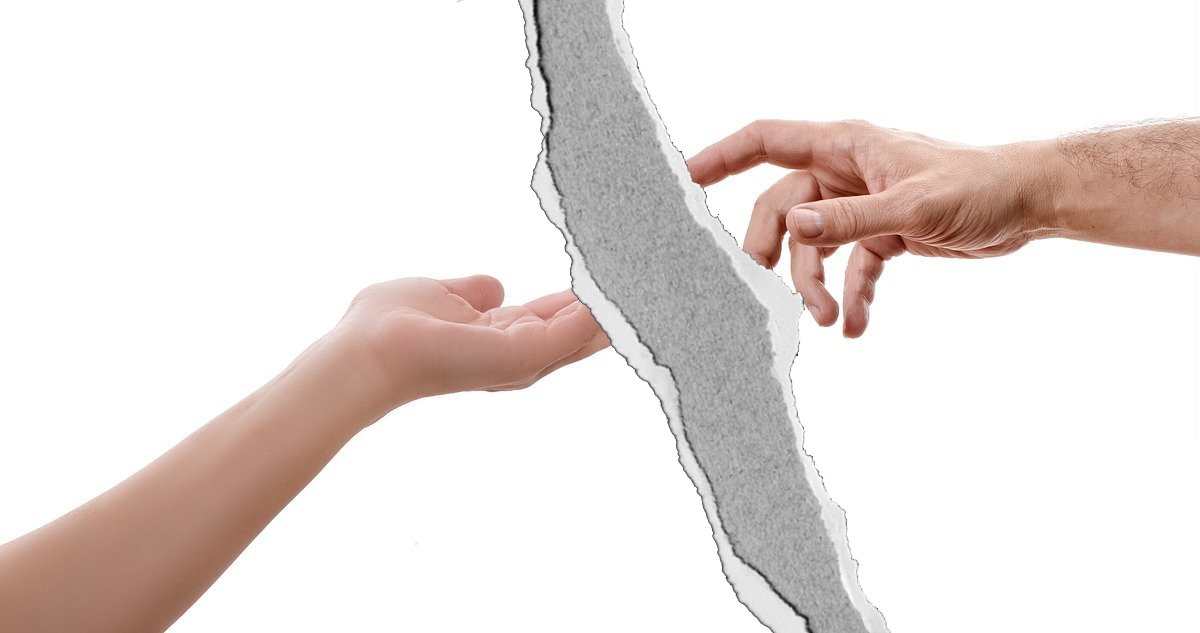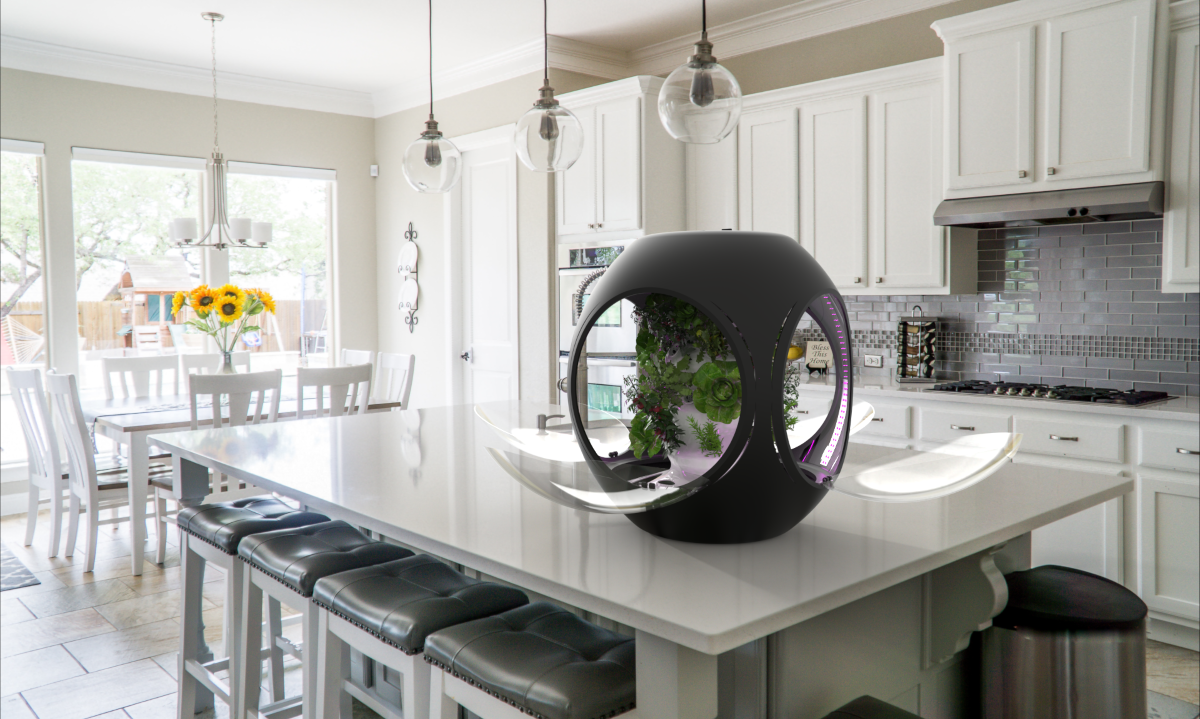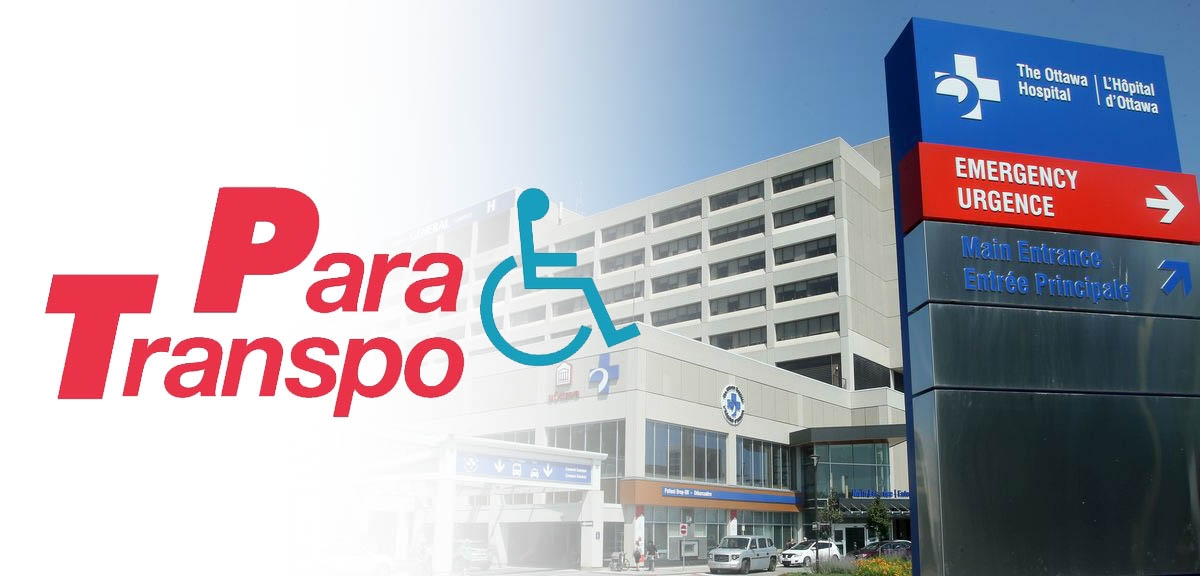
Energy Efficiency Tips: How to Optimize Your Appliances for Lower Bills
With the rising cost of energy, finding ways to reduce utility bills has become a priority for many households. One of the most effective ways to save on energy costs is by optimizing the efficiency of your appliances. Properly maintaining and using your appliances can significantly lower your monthly energy bills while also reducing your carbon footprint. In this article, we’ll explore practical energy-saving tips to help you get the most out of your household appliances.
1. Keep Appliances Clean and Well-Maintained
One of the simplest ways to improve appliance efficiency is to ensure they are clean and properly maintained. Dust, dirt, and debris can build up in key components such as refrigerator condenser coils, dryer vents, and air conditioner filters, making them work harder to perform their tasks. Cleaning these parts regularly can reduce energy consumption and keep your appliances running smoothly. For a full guide on maintenance tips, check out the page.
2. Use Appliances During Off-Peak Hours
Many utility companies offer lower energy rates during off-peak hours. Running your dishwasher, washing machine, or dryer during these hours can help you save on electricity. In addition, reducing the use of high-energy appliances during peak times reduces the strain on the electrical grid, contributing to overall energy savings.
3. Upgrade to Energy-Efficient Models
If your appliances are outdated, they might be using more energy than necessary. Upgrading to modern, energy-efficient models can lead to substantial savings on your utility bills. Look for appliances with the ENERGY STAR label, as these products meet strict energy efficiency standards. Although they may require an initial investment, energy-efficient appliances pay for themselves over time through reduced electricity consumption.
4. Optimize Your Refrigerator Settings
Your refrigerator is one of the most energy-consuming appliances in the home, as it runs 24/7. Optimizing its settings can save a significant amount of energy. Make sure the fridge is set between 37-40°F (3-5°C) and the freezer at around 0°F (-18°C) to keep food fresh without overworking the appliance. Also, avoid overstuffing the fridge, as air circulation is essential for efficiency.
5. Switch to Cold Water for Laundry
Heating water for laundry uses a significant amount of energy. By switching to cold water cycles, you can reduce the amount of energy used by your washing machine. Many detergents are formulated to work just as effectively in cold water, making this a simple and cost-effective way to save energy.
6. Utilize Power Strips and Unplug Unused Appliances
Many appliances continue to consume energy even when turned off, a phenomenon known as phantom power. Using power strips for multiple devices allows you to easily switch them all off at once, preventing unnecessary energy consumption. Unplugging appliances that are not in use, such as toasters or coffee makers, can also help reduce your energy bills.
Final Thoughts
Optimizing your appliances for energy efficiency is one of the most effective ways to reduce your household’s energy consumption and lower your utility bills. Simple steps like cleaning filters, upgrading to energy-efficient models, and using appliances during off-peak hours can lead to significant savings over time.
Photo: iStock









